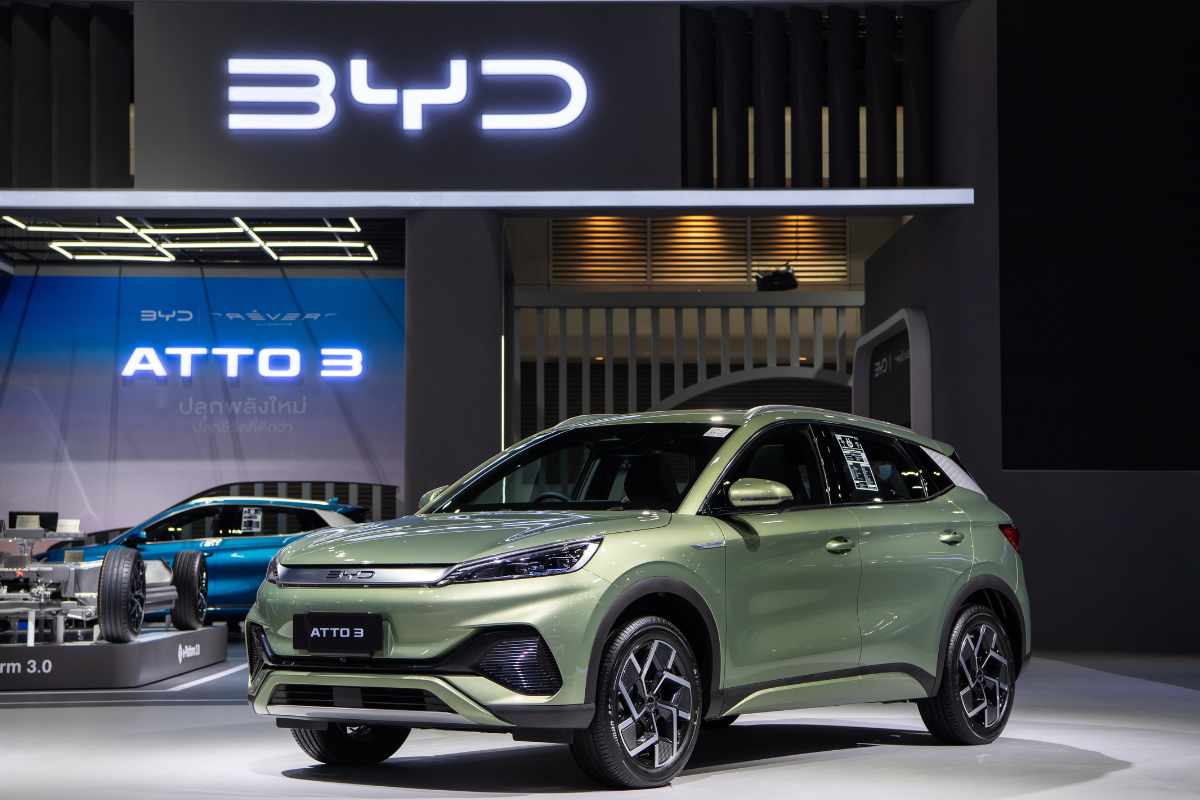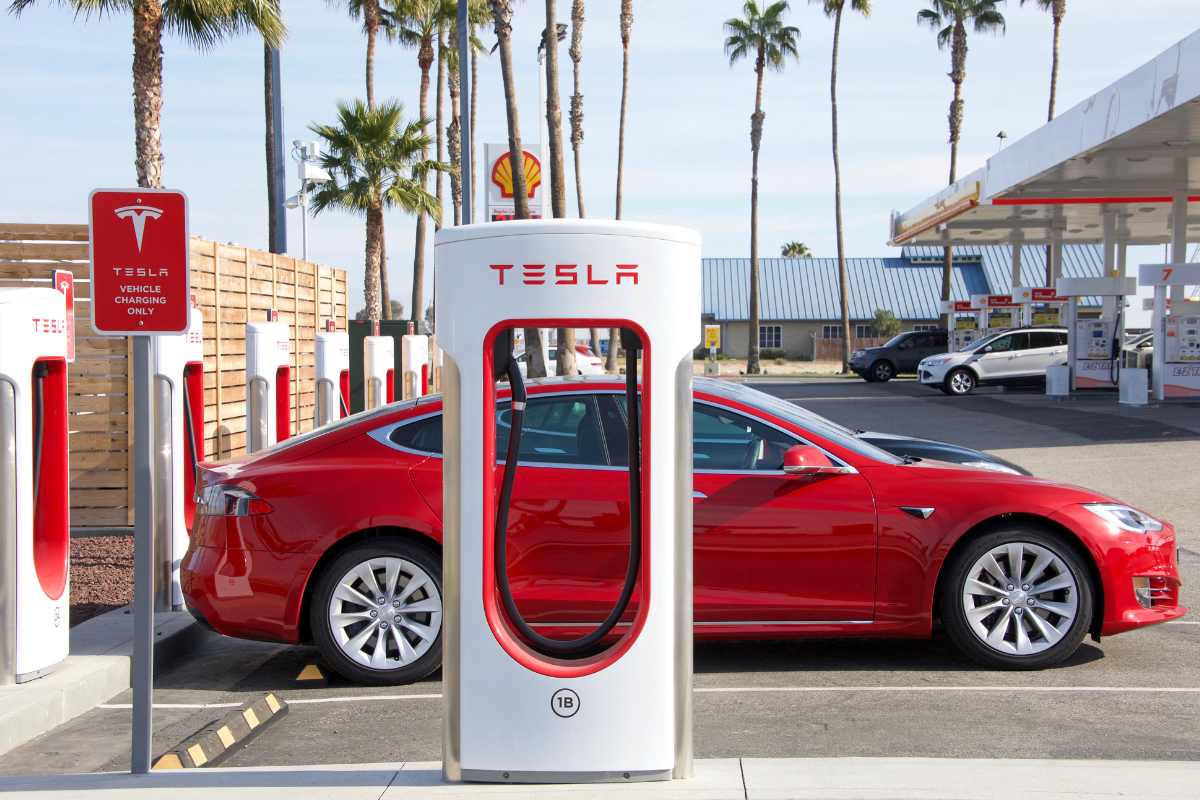According to MarketsandMarkets, the global electric vehicle (EV) market was worth $388.1 billion in 2023. Two companies have emerged as the dominating players in this space: Tesla and BYD. When talking about EVs, discussions about Tesla vs BYD are bound to come up, especially now that BYD (Build Your Dreams) has surpassed Tesla in global sales.
Tesla vs. BYD
Here’s a comprehensive comparison between the two giants.
| Category | Tesla | BYD |
| Year founded | 2003 | 1995 |
| Headquarters | Austin, Texas | Shenzen, China |
| Revenue as of 2023 | $86 billion | $68.1 billion |
| Assets as of 2023 | $86.8 billion | $79.6 billion |
| Key executive | Elon Musk, co-founder and chief executive officer | Wang Chuanfu, founder and chief executive officer |
| What it offers |
|
|
| EV models available in the UAE | Model S, Model 3, Model X, Model Y, Cybertruck | Atto 3, Han |
Overtaking Tesla
BYD has transcended its origins as a battery manufacturer to become a formidable player in the global EV market. And the Chinese company overtaking Tesla marks a significant moment in the EV and the broader automotive industry. In the last quarter of 2023, the Chinese company sold 526,000 battery-only cars compared to Tesla’s 484,500.
However, the Elon Musk-helmed automaker still sold more if all 2023 figures are considered. Tesla delivered 1.84 million battery-only cars, while its Shenzen-based and Warren Buffett-backed rival sold 1.6 million units. Apart from the said units, BYD also produced 1.4 million hybrids.
“As BYD has accelerated into the fast lane, it’s fresh evidence of just how competitive the EV market has become and how hard it will be for Tesla to swerve back to head the pack,” said Susannah Streeter. She heads money and markets at Hargreaves Lansdown, a UK financial services company.
Tesla’s 1.84 million EV sales fall slightly short of its initial projection of 2 million deliveries for 2023. It reflects a market performance affected by rising borrowing costs and a challenging global economic landscape.
Read: UAE ranks first in electric vehicle readiness
BYD boasts lower prices

A key element of BYD’s ascension has been its competitive pricing strategy. BYD’s vehicles, generally priced lower than Tesla’s, have broadened its appeal to a more extensive market segment. BYD’s in-house manufacturing of electric vehicle batteries presents a considerable cost benefit. According to estimates, batteries alone comprise about 30 percent of a vehicle’s total cost.
This approach contrasts Tesla’s reliance on several suppliers and its concerns over potential lithium shortages.
Comparing Tesla vs. BYD’s flagship models, the compact SUV BYD Atto 3 is available starting from $40,570, while Tesla’s sleek sedan Model 3 has a price tag starting from $48,740.
The compact SUV Atto 3, with a 60.5 kWh battery, offers a real-world range of 330 km and an efficiency of 183 watt-hours per kilometer (Wh/km). In contrast, the Tesla Model 3, equipped with a 57.5 kWh battery, boasts a range of 420 km and an efficiency of 137 Wh/km. The Model 3, a sleek sedan, accelerates from 0 to 100 km/h in 6.1 seconds, compared to Atto 3’s 7.3 seconds.
Broader EV market
New EV manufacturers players are also emerging, with an eye on the China’s fast-growing electric car market. For instance, new models are expected from Chinese smartphone maker Xiaomi, which announced plans to launch an EV to compete with Porsche and Tesla.
For more sustainability news, click here.





